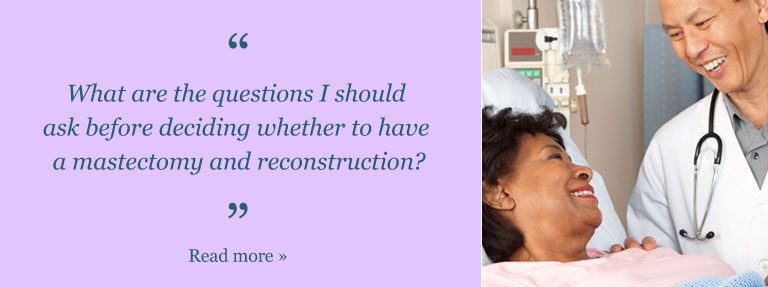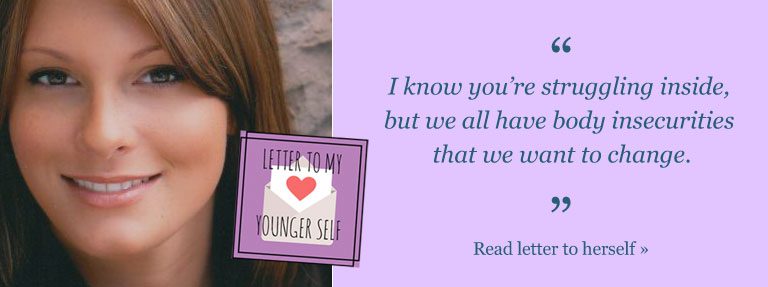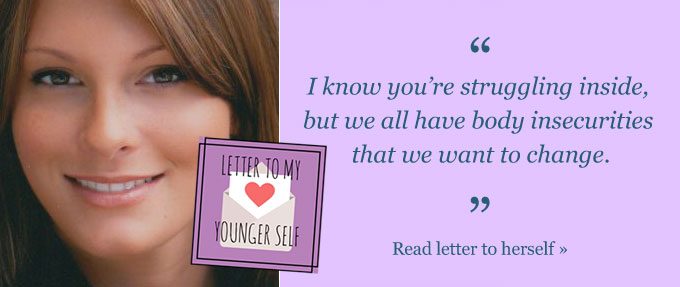Jeanne Lenzer, BMJ: December 29, 2020.
The lack of planning for how to treat participants in covid-19 vaccine trials is a bad precedent, with the loss of potentially valuable safety and efficacy data, say research experts. Jeanne Lenzer reports:
In October the US Food and Drug Administration issued non-binding guidance to manufacturers of covid-19 vaccines urging them to devise a method to allow volunteers in their studies’ placebo arms to receive the vaccine while also maintaining the integrity of ongoing scientific data collection.1 Emergency use authorisation was not “grounds for stopping blinded follow-up,” said the agency.23
The companies say they have an ethical obligation to unblind volunteers so they can receive the vaccine. But some experts are concerned about a “disastrous” loss of critical information if volunteers on a trial’s placebo arm are unblinded.45
To try to tackle the problem the FDA invited Steven Goodman, associate dean of clinical and translational research at Stanford University, for a recommendation that could balance the right of volunteers to find out whether they were in the placebo arm and the simultaneous need to preserve scientific data.
Goodman recommended a study design endorsed by Anthony Fauci, director of the National Institute of Allergy and Infectious Diseases: a blinded crossover study in which placebo recipients would be given the vaccine, and vice versa.235 That would ensure that all volunteers receive the vaccine but would be unaware of which shot they received at which time. This would allow ongoing surveillance of safety issues and more time to observe any waning effects of the vaccine and the possible need for booster doses.
But the companies said that the demands of a blinded crossover design were “onerous” and might not be feasible.6 And even before the FDA advisory committee meeting on Moderna’s vaccine on 17 December, the company notified volunteers that they could learn their status if they chose to receive the vaccine.
Pfizer also sent a letter to its trial participants one week after its vaccine was authorised on 10 December.7 It told them that, on request, they could learn whether they were in the placebo arm so they could receive the vaccine as it became available and according to recommendations of the US Centers for Disease Control and Prevention.
Asked by The BMJ whether the FDA had set any baseline requirements for the companies regarding the removal of blinding, the agency declined to answer, referring the journal to the respective companies for their plans.
Pfizer told The BMJ that the “move from the placebo group to the vaccine group would be completely optional, and participants would be encouraged to remain blinded throughout the full study duration.” Moderna failed to respond to several requests for comment.
Loss of data
Diana Zuckerman, president of the National Center for Health Research, told The BMJ that the FDA could have demanded that companies use the blinded crossover design for them to win full approval for their vaccines. She said that failure to do that meant the loss of future reliable data, which is especially concerning given that preliminary data are insufficient to determine efficacy.
“I’m especially concerned that Pfizer’s vaccine trials included only five people aged 75 and older who were diagnosed with covid-19, with an unspecified number of those defined by Pfizer as severe cases,” she said. “That makes it impossible to determine how effective the vaccine is for frail elderly patients.”
Although the FDA has granted the vaccines emergency use authorisation, to get full licence approval two years of follow-up data are needed. The data are now likely to be scanty and less reliable given that the trials are effectively being unblinded.
Consumer representative Sheldon Toubman, a lawyer and FDA advisory panel member, said that Pfizer and BioNTech had not proved that their vaccine prevents severe covid-19. “The FDA says all we can do is suggest protection from severe covid disease; we need to know that it does that,” he said.
He countered claims, based on experience with other vaccines, six weeks of follow-up was long enough to detect safety signals. Six weeks may not be long enough for this entirely new type of “untested” [mRNA] vaccine, Toubman said.
Goodman wants all companies to be held to the same standard and says they should not be allowed to make up their own rules about unblinding. He told The BMJ that, while he was “very optimistic” about the vaccines, “blowing up the trials” by allowing unblinding “will set a de facto standard for all vaccine trials to come.” And that, he said, “is dangerous.”
Footnotes
-
Correction: On 30 December we amended the final paragraph to clarify Steven Goodman’s comment.
This article is made freely available for use in accordance with BMJ’s website terms and conditions for the duration of the covid-19 pandemic or until otherwise determined by BMJ. You may use, download and print the article for any lawful, non-commercial purpose (including text and data mining) provided that all copyright notices and trade marks are retained.
References
- ? Food and Drug Administration. Emergency use authorization for vaccines to prevent covid-19: guidance for industry. 2020. https://www.fda.gov/media/142749/download.
- ? Food and Drug Administration. Vaccines and Related Biological Products Advisory Committee meeting December 10, 2020. 2020. https://www.fda.gov/media/144245/download.
- ? Food and Drug Administration. Vaccines and Related Biological Products Advisory Committee December 17, 2020 meeting briefing document. 2020 https://www.fda.gov/media/144434/download.
- ? WHO Ad Hoc Expert Group on the Next Steps for Covid-19 Vaccine Evaluation. Placebo-controlled trials of covid-19 vaccines—why we still need them. N Engl J Med2020. doi:10.1056/NEJMp2033538.
- ? Weiland CZ. Noah. Many trial volunteers got placebo vaccines. Do they now deserve the real ones? New York Times. 2 Dec 2020. https://www.nytimes.com/2020/12/02/health/covid-vaccine-placebo-group.html.
- ? Karlin-Smith S. Covid-19 vaccine sponsors want US FDA to find alternatives for control-arm data after first EUA. Pink Sheet. 2020. https://pink.pharmaintelligence.informa.com/PS143143/COVID-19-Vaccine-Sponsors-Want-US-FDA-To-Find-Alternatives-For-Control-Arm-Data-After-First-EUA.
- ? Tanne JH. Covid-19: FDA panel votes to approve Pfizer BioNTech vaccine. BMJ2020;371:m4799. doi:10.1136/bmj.m4799 pmid:33310748 FREE Full TextGoogle Scholar
Read the full article here
















